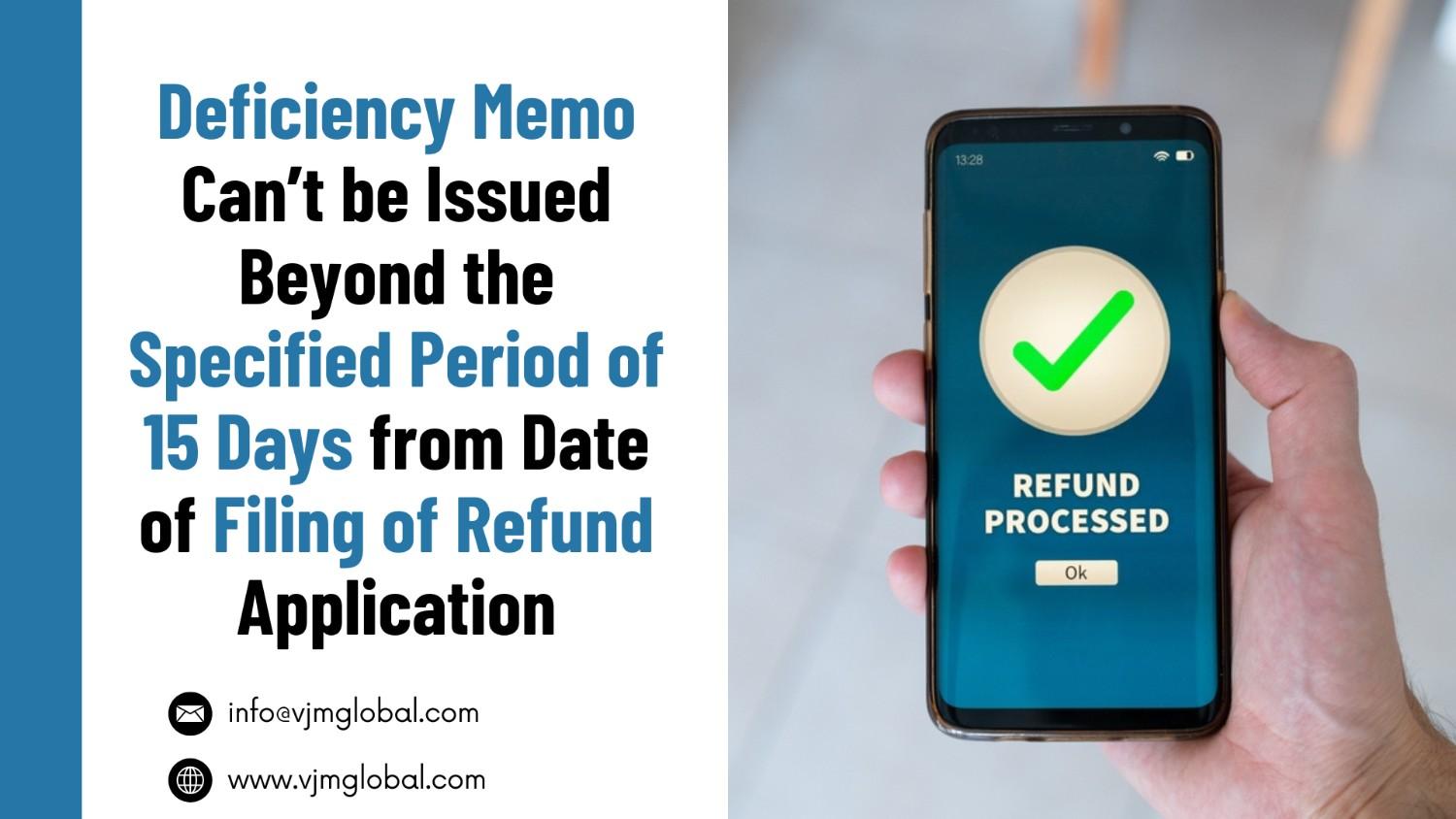Post-Economic reform policies implementation, Foreign Direct Investment (FDI) has long been a valuable channel of maximizing globalization. India is more liberal in making investments in other countries and other countries have various options to make investments in India through various channels. However, any investment in India without any regulatory provisions can be harmful and therefore, the entire Investment in India is directly monitored by the Reserve Bank of India itself.
Various information is required to be filed with RBI to inform about Foreign Direct Investment. Reserve Bank of India (“RBI”) has taken all necessary steps to keep reporting simplified and sorted. Therefore, various changes have been made in the reporting requirement of FDI. In this article, we have made a brief discussion about changes in the manner of reporting FDI to the RBI.
1. Earlier reporting requirement for FDI
- Earlier, all information related to Foreign Direct Investment was required to be provided through various forms such as FC-GPR (Foreign Currency-Gross Provisional Return), Form LLP-I, Form LLP-II etc.
- All forms were required to be filed separately and therefore, the process of filing was complicated and time taking.
- All applicable forms were required to be filed on the e-biz platform separately.
2. Forms earlier required to be filed for FDI
Earlier following forms were applicable for reporting FDI:
1.1.1 FC-GPR
An Indian company issuing equity instruments to a person resident outside India should file Foreign Currency-Gross Provisional Return (FGPR) Form, within 30 days from the date of issuance of the equity instruments. Earlier, the Advance Remittance Form (ARF) for Reporting of the amount of consideration received for issue of capital instruments and Know Your Customer (KYC) Form is also submitted along with the same.
1.1.2 FCTRS
The resident transferor/transferee, or the person resident outside India holding equity instruments on a non-repatriable basis, as the case may be, should file the Foreign Currency-Transfer of Shares (FCTRS) Form, within 60 days of the transfer of equity instruments or receipt/remittance of funds, whichever is earlier.
1.1.3 LLP (I) Form
A Limited Liability Partnership (LLP) that is receiving an amount of consideration for the capital contribution should file the LLP(I) Form, within 30 days from the date of receipt of the amount of consideration.
1.1.4 LLP (II) Form
The resident transferor or transferee, as the case may be, is required to file the LLP(II) Form, within 60 days of the receipt of the amount of consideration, for transfer of capital contribution from a resident to a non-resident, or vice-versa.
1.1.5 CN Form
The Indian start-up company, which is issuing convertible notes to a person resident outside India, is required to file the CN Form, within 30 days from the date of issuance of the convertible notes. Further, the resident transferor or transferee also must file the CN Form, within 30 days of the transfer of the convertible notes issued by an Indian start-up company, from a resident to a non-resident, or vice-versa.
1.1.6 DRR Form
The domestic custodian who issues/transfers the depository receipts, in accordance with the Depository Receipt Scheme, 2014 is required to report it in the DRR Form, within 30 days of issuance or transfer of depository receipts.
1.1.7 ESOP Form
Any Indian company that issues the employees’ stock option to persons resident outside /India, who are its employees/directors or employees/directors of its holding company/joint venture/wholly-owned overseas subsidiary(s), should file the ESOP Form, within 30 days from the date of issuance of employees’ stock option.
1.1.8 DI Form
An Indian entity, or an investment vehicle, that is making downstream investments in another Indian entity, which is considered as indirect foreign investment for the investee Indian entity, is required to file the DI Form, within 30 days from the date of allotment of equity instruments.
1.1.9 INVI Form
Within 30 days of the date of issuance of units, an investment vehicle that has issued units to a person residing outside of India must file the INVI Form.
1.1.10 Annual Return on Foreign Liabilities and Assets (FLA Form)
FLA Form is an annual return required to be filed by all Indian resident companies which have received any FDI or made any Overseas Direct Investment (ODI) in any of the previous year(s), including the current year. FLA should be filed by 15th July every year.
1.1.11 Form LEC(FII):
Form LEC (FII) is a statement that shows company-wise details of total purchases and sales of equity shares/convertible debentures made by designated branches on behalf of Foreign Institutional Investors through stock exchanges in India and out of issues directly made. Therefore, Form LEC (FII) is required to be filed by Authorised Bank with RBI.
1.1.12 LEC(NRI):
The Authorised Dealer Category I banks shall report to the Reserve Bank in Form LEC (NRI) the purchase/ transfer of capital instruments by Non-Resident Indians or Overseas Citizens of India stock exchanges in India.
Apart from the above, various other forms are filed to provide information related to FDI.
3. New reporting requirement related to FDI
- The Reserve Bank of India (RBI) vide A.P (DIR Series) Circular No. 30 dated June 07, 2018 (FDI Circular) has simplified the foreign investment reporting by the Indian entities by introducing one master form namely-Single Master Form (SMF).
- For the purpose of filing of SMF, a new portal https://firms.rbi.org.in has been introduced.
- Following forms are subsumed under SMF into one master form:
- FCGPR Form,
- FCTRS Form,
- LLP (I) Form,
- LLP (II) Form,
- CN Form,
- DRR Form,
- ESOP Form,
- DI Form and
- INVI Form
- However, following forms are not yet subsumed under SMF and therefore are required to be filed as earlier:
- Annual Return on Foreign Liabilities and Assets (FLA Form)
- Form LEC(FII)
- LEC(NRI)
- Rest all other forms, other than 9 subsumed forms, shall continue to file in the earlier manner.
4. Manner of reporting on FIRMS portal
- For the purpose of migration to FIRMS portal, RBI has notified procedure for following two types of entities namely:
- Entities holding FDI on the date of implementation of SMF; and
- Entities not holding any FDI on the date of implementation of SMF.
- For the purpose of migration to FIRMS portal, all entities having FDI were required to register on FIRMS portal through and then information related to FDI held on the date of migration is required to be provided through Entity Master Form (EMF).
Know how to file Entity Master.
- Entities obtaining FDI on date after implementation of SMF are required to register themselves as Business User on FIRMS portal and then all applicable forms can be filed there.
5. How to register a business on the FIRMS portal?
Here’s a step-by-step guide for you to register your business on FIRMS portal:
5.1 STEP-1
Visit the FIRMs website as https://firms.rbi.org.in
5.2 STEP-2
Click on the Registration form for “New Business User” at the login box.
5.3 STEP-3
Fill the legitimate details as asked in the registration form.
| Field Name |
Description |
| First Name |
First Name of the BU |
| Middle Name |
Middle Name of the BU |
| Last Name |
Last Name of the BU |
| User Name |
User name for the BU. (It shall be unique) |
| E-mail ID |
Email ID of the BU |
| Confirm E-mail ID |
Email ID of the BU |
| Phone No. |
Phone number of the BU |
| Address |
Correspondence Address of the BU |
| IFSC Code |
Select the IFSC code of the Bank branch to whom the reporting would be made.
This field shall be carefully selected so that the reporting is made to the correct branch of the bank.
The applicant shall be versed with the working model of their bank for the foreign investment reporting in terms of the branches which are operating for the approval/rejection of the reported forms in the FIRMS application.
Note: Not all branches are incorporated in the FIRMS application, but only those as specified by the respective bank.
If the applicant is unable to find its respective branch under the IFSC code, he/she may contact its branch for clarification on this issue.
|
| Bank Name |
Auto-populated as per the IFSC code selected |
| Authority Letter-Attachment |
Attachment in the specified format for Authority letter. It is common for all forms filing in SMF.
Attach the PAN card of the individual registering as a Business User.
|
| Company CIN/LLPIN |
Select the CIN or LLPIN of the entity of which the foreign investment is being affected. i.e. the Indian investee company.
|
| PAN No. |
Auto-populated based upon CIN/LLPIN selection |
| Entity name |
Auto-populated based upon CIN/LLPIN selection |
5.4 STEP-4
Click the Submit button.
NOTE: In case any error is displayed, rectify the same and click the Submit button.
5.5 STEP-5
A Message confirming “Record Saved Successfully” will be displayed at the top of the Login box and you are successfully registered
Once the registration form is submitted by BU, it will be verified by the AD Bank Branch concerned. In case of approval or rejection, the same would be communicated through email notification to the concerned BU.
6. How to log into FIRMS?
Here’s a step-by-step guide on how to log in into FIRMS:
6.1 STEP-1
Visit the FIRMS website at: https://firms.rbi.org.in
6.2 STEP-2
- Enter the User Name and default password which has been provided to you via email notification.
- Enter captcha and click submit.
6.3 STEP-3
- Upon first Login, Business Under (“BU”) would be prompted to change the password through a pop-up window.
- Enter the details as required, and submit.
- Upon success, Message “Password changed successfully” would appear on the Login Box.
6.4 STEP-4
- Enter your user name, new password and captcha in the Login Box and click submit.
- The user would be taken to his/ her workspace.
Upon further logins, the BU may simply enter their username, set password and captcha in the Login box and click submit. The user would be taken to their workspace directly!
6.5 Using Forgot Password
In case the user has forgotten their password, the following steps shall be followed.
- Step-1: Click on the forgot password option in the Login Box.
- Step-2: Enter the username and registered email id in the pop up window and click submit. An email would be sent to the email id with the default password. The user shall check its registered email id for the new default password and follow the steps under the head “Logging into SMF” for logging into SMF.
7. Conclusion
While the processing of the applications in consolidated SMF form in a given timeframe has eased the reporting of FDI transactions. However, there is an obvious practical limitation associated with the filing of the application in SMF account that only one application can be processed at a given point of time across all the SMF account/accounts of an Indian entity and unless the said application is approved/rejected, the Indian entity cannot file another application on any of its SMF account/accounts.











.png)

